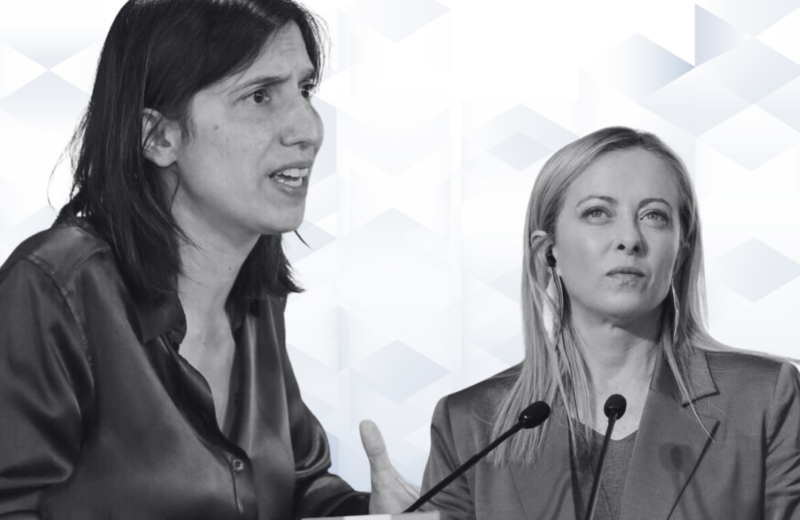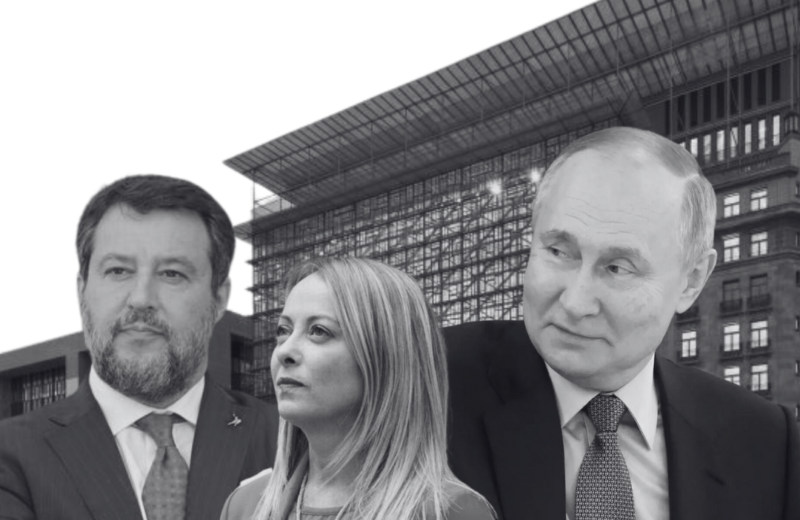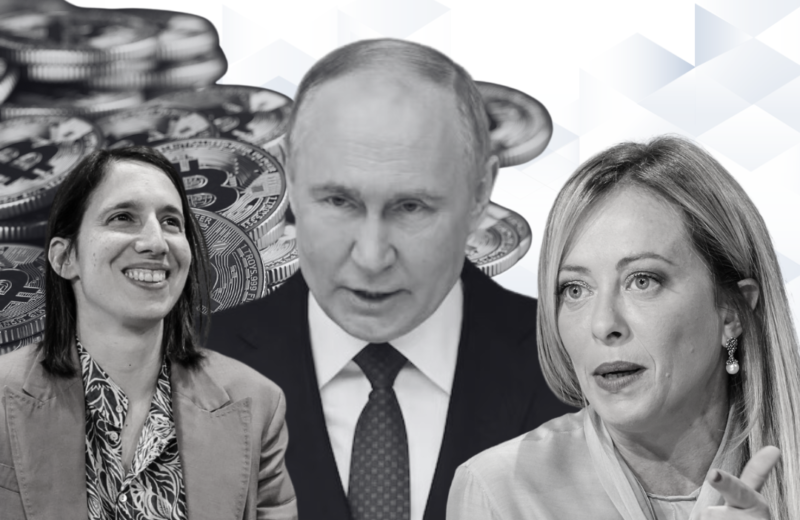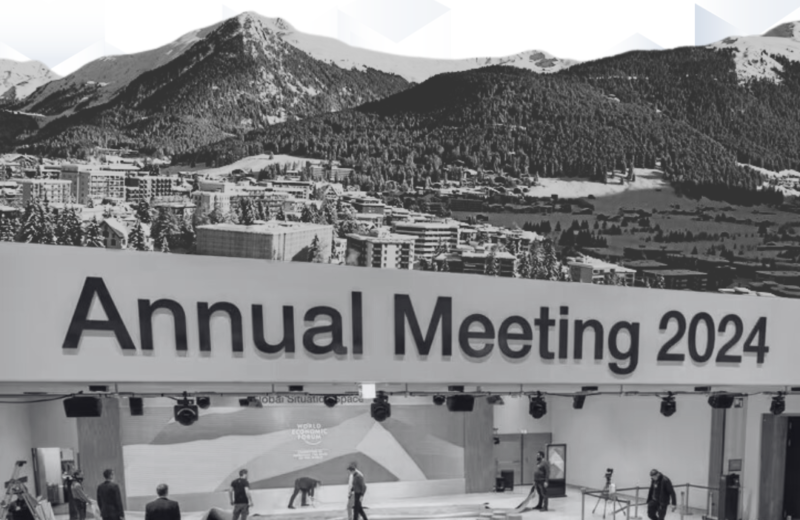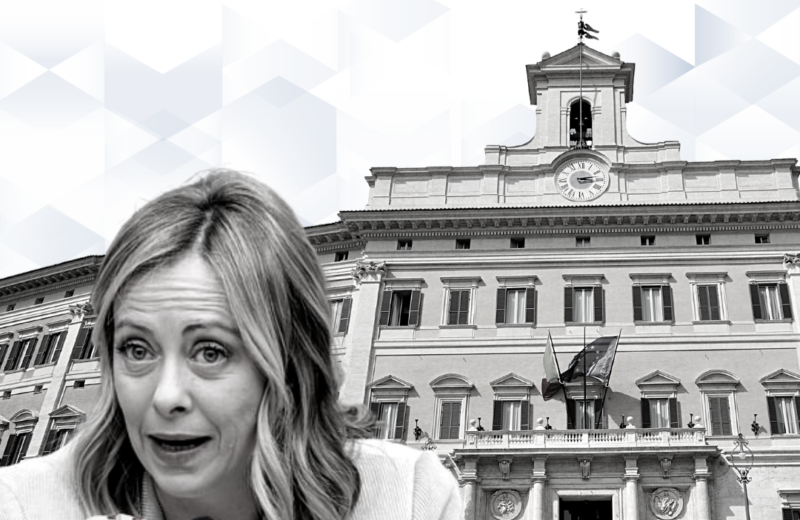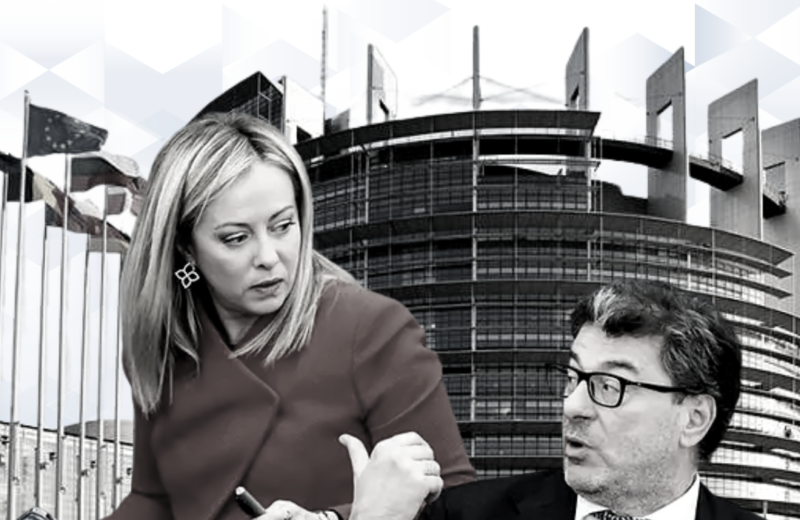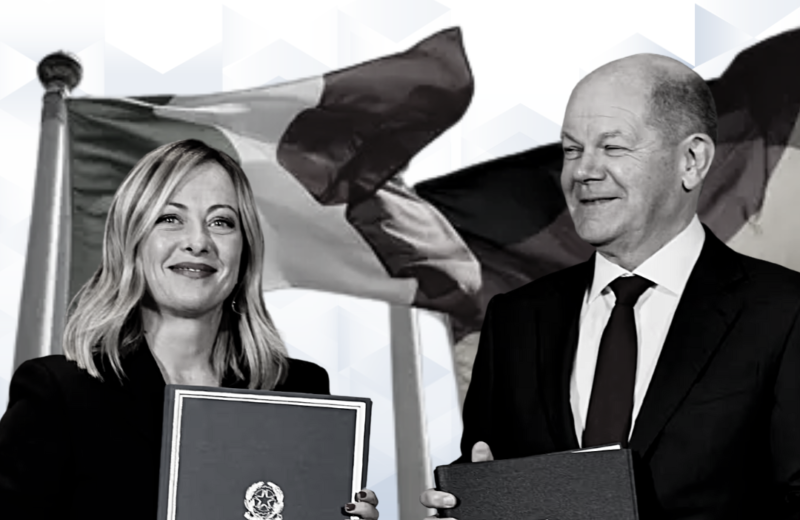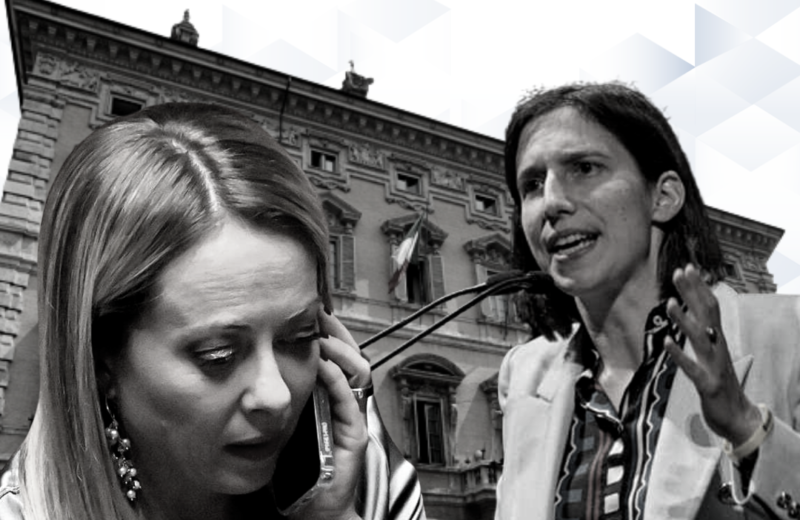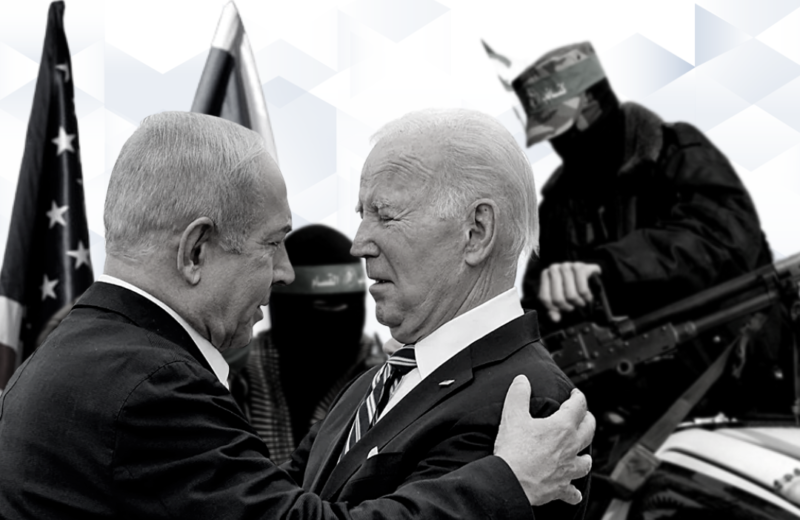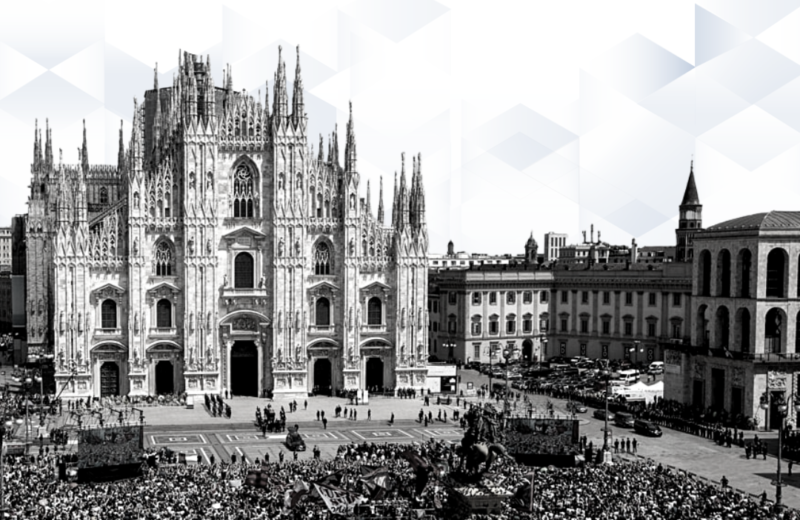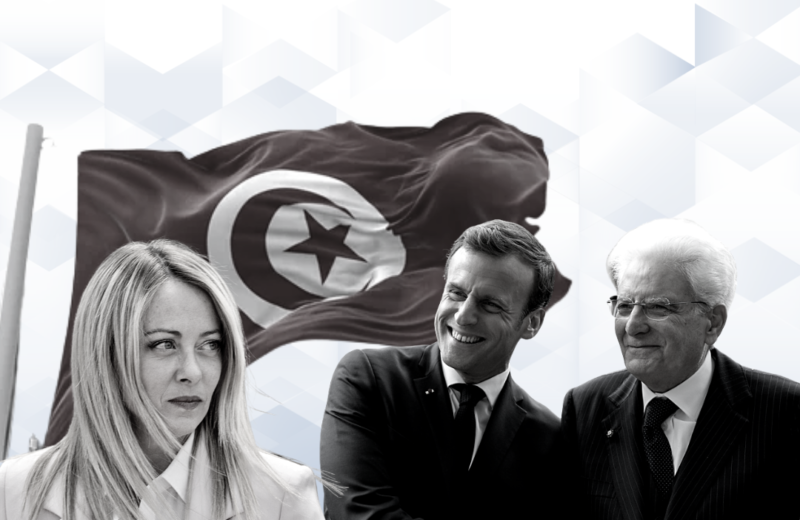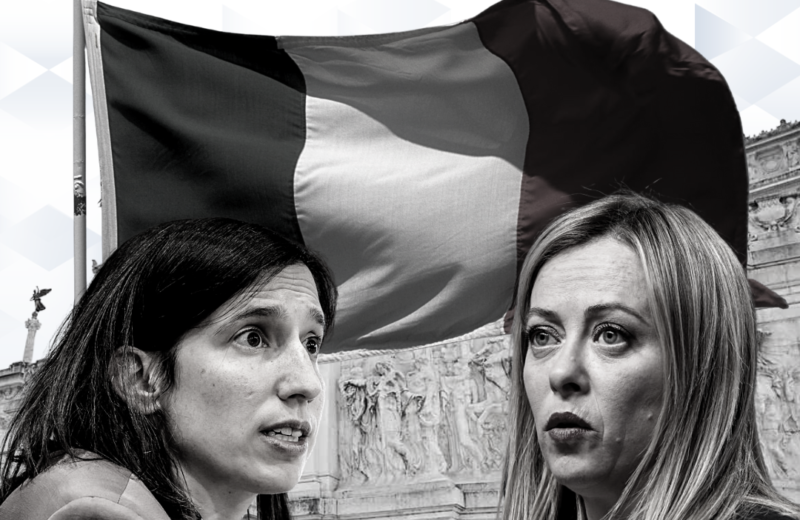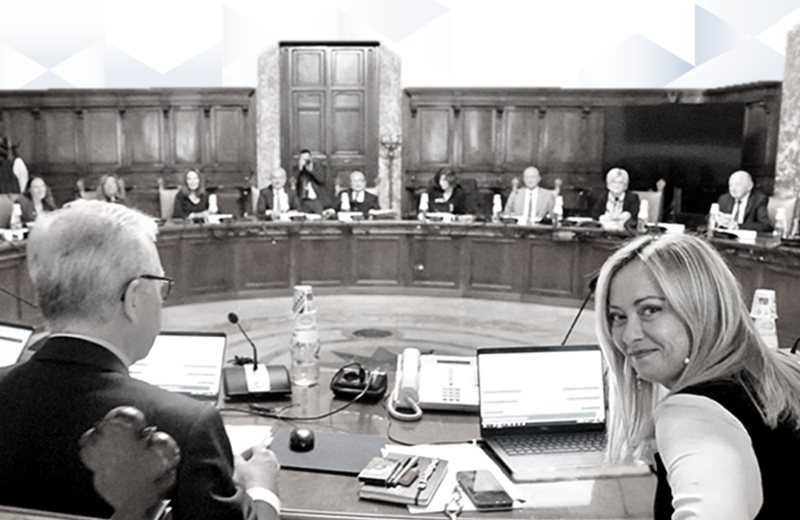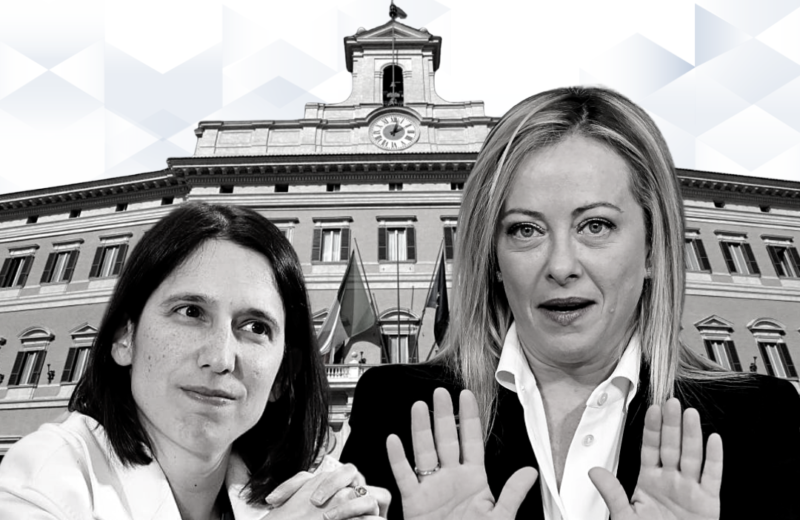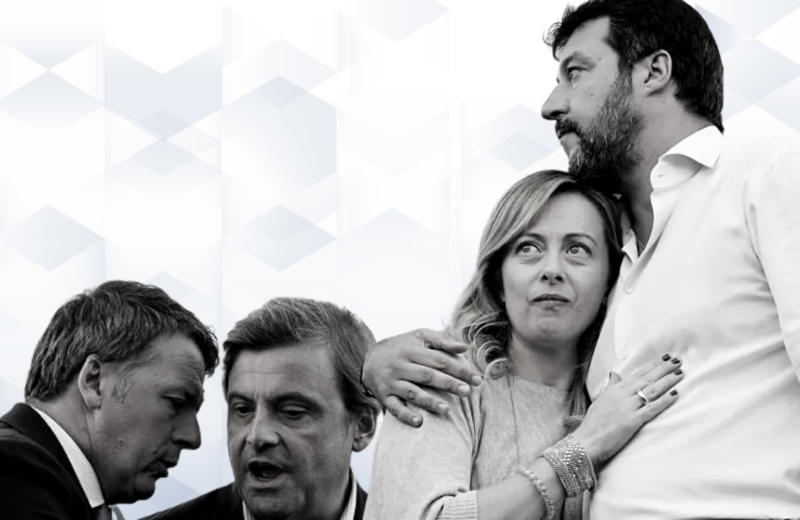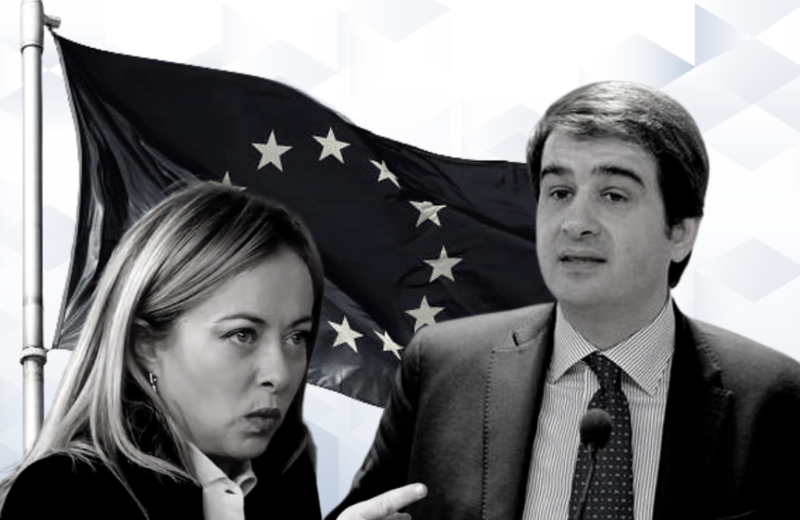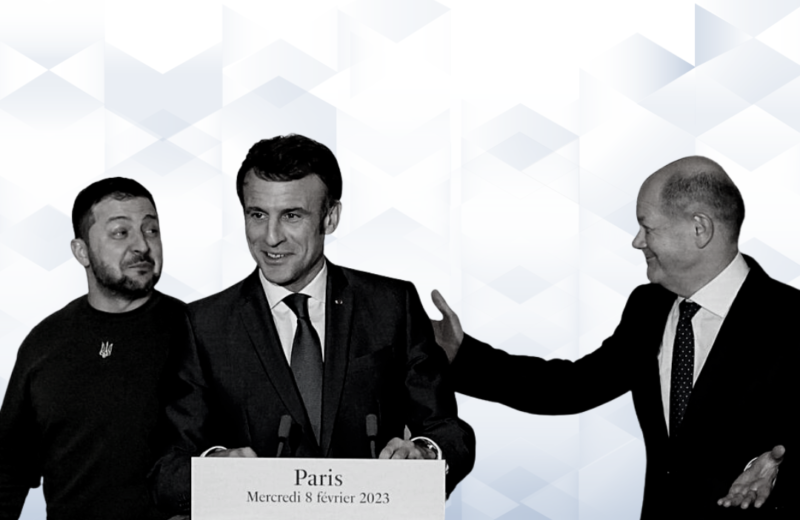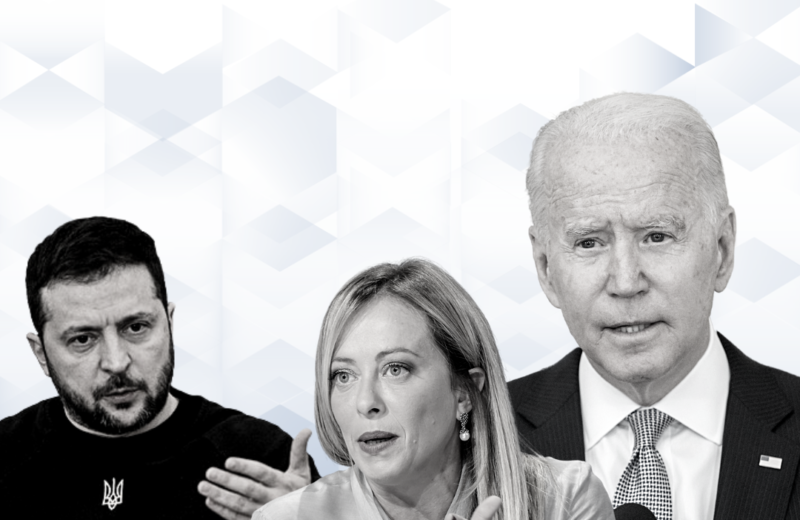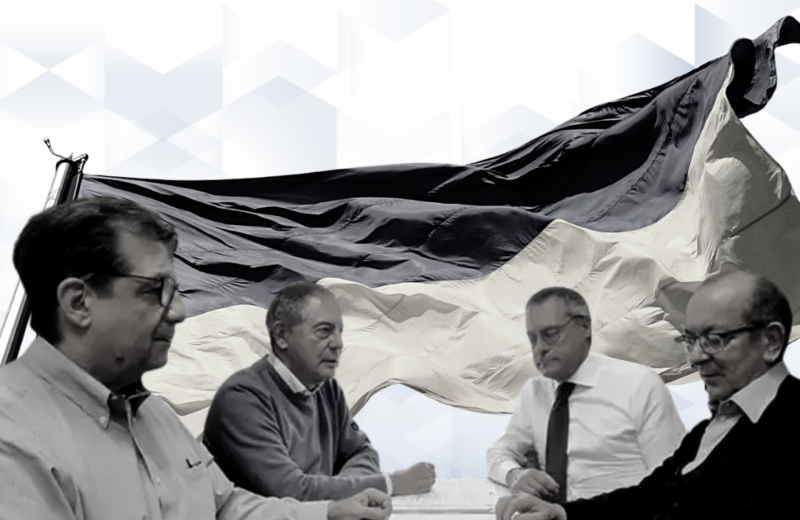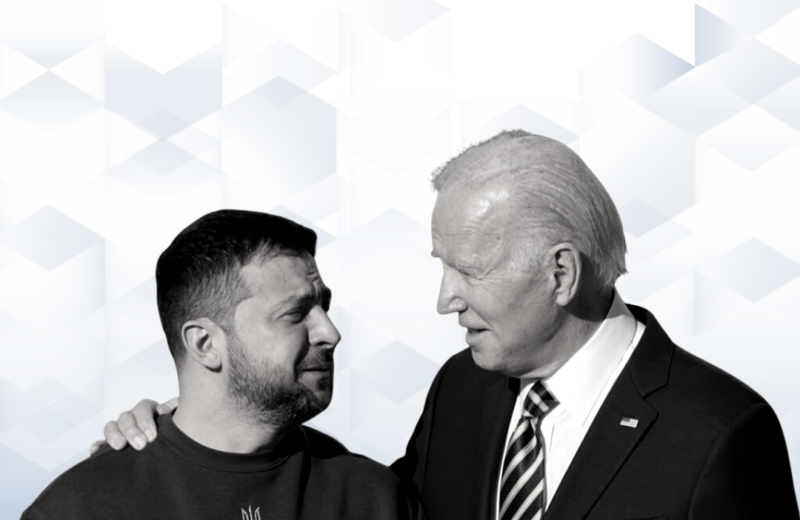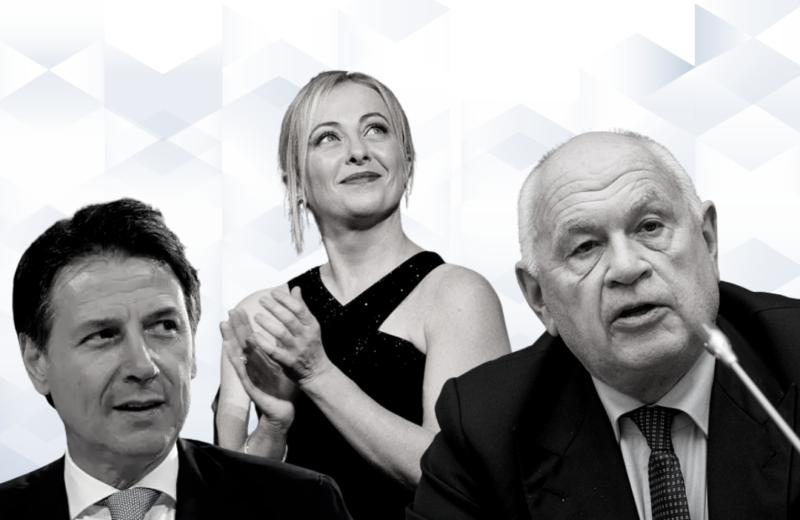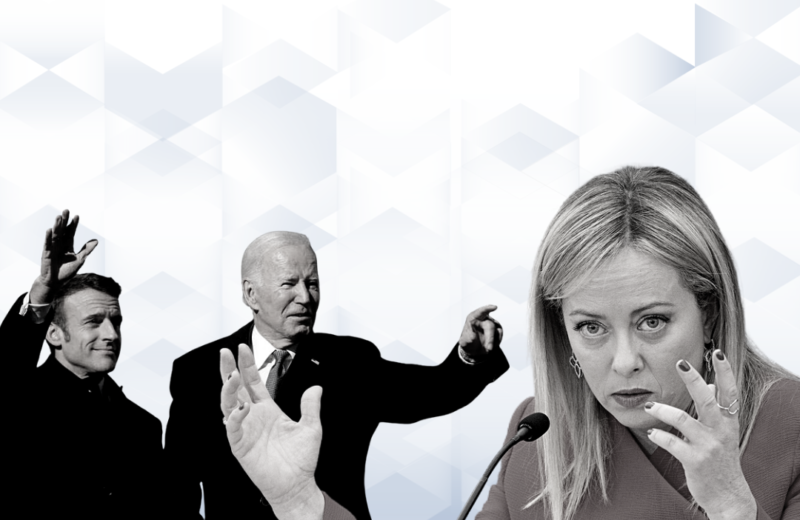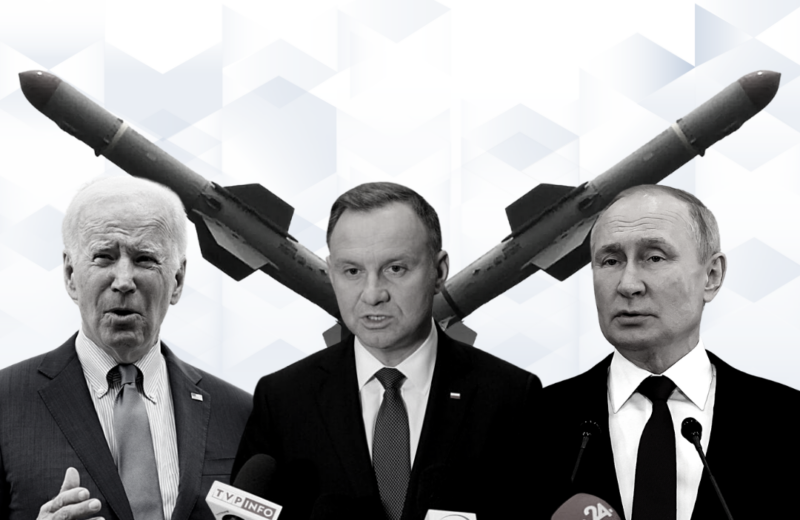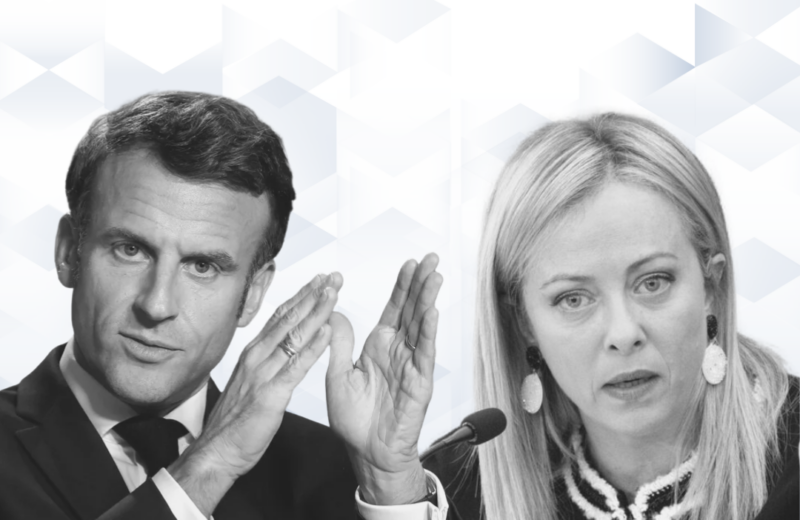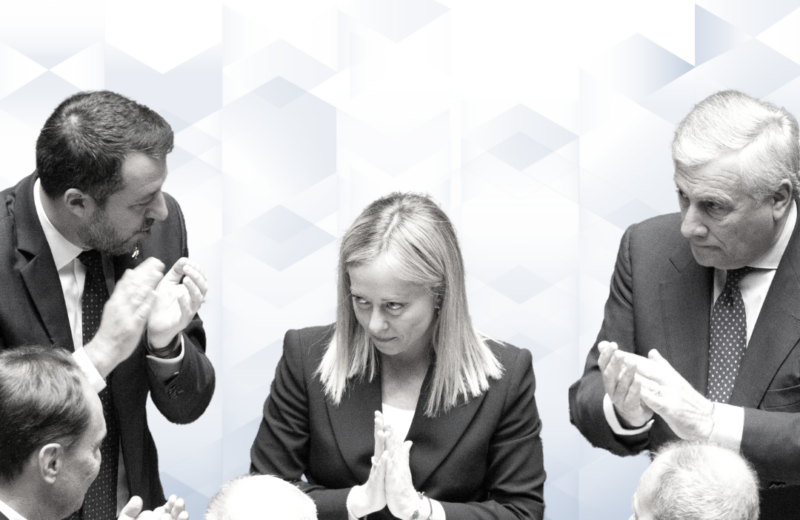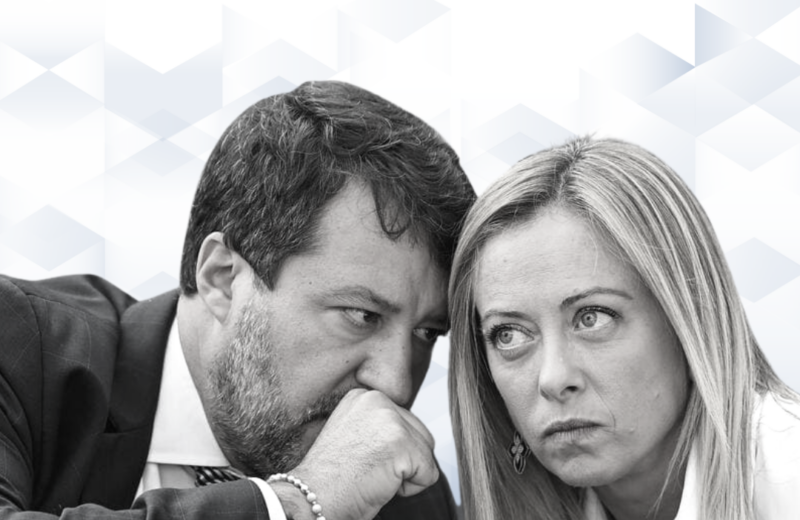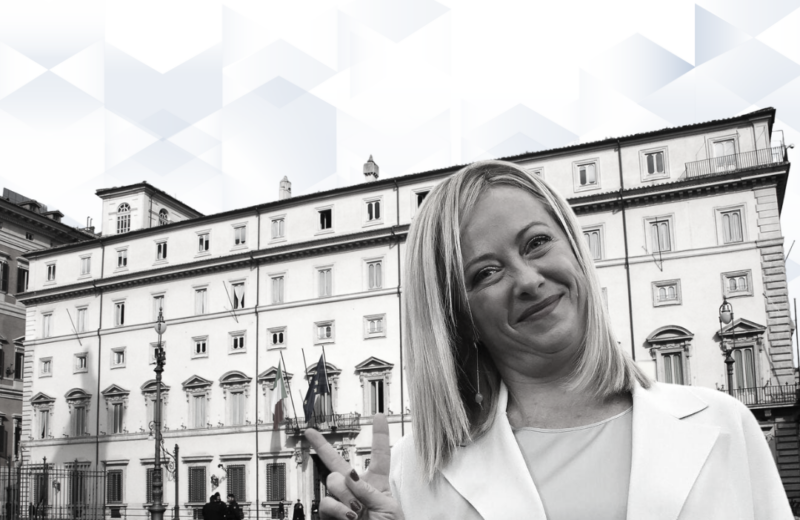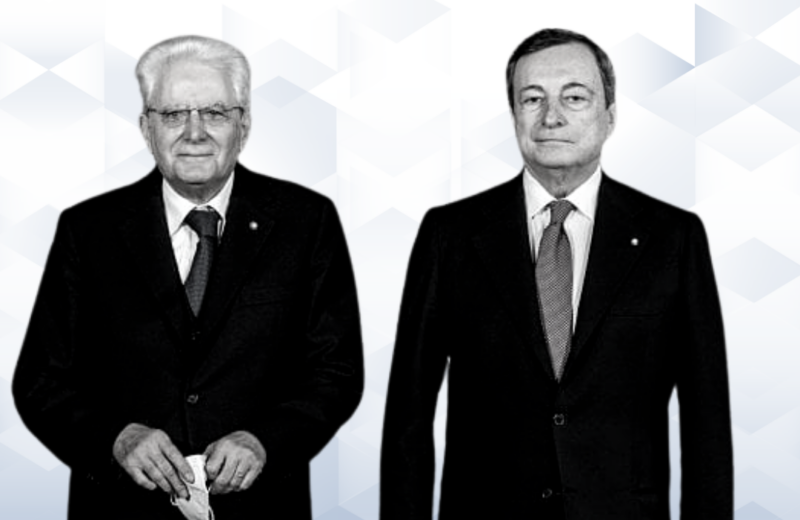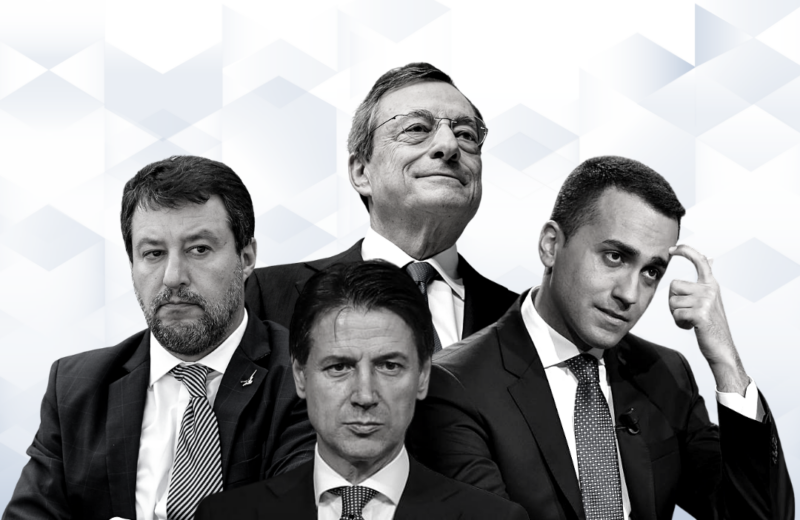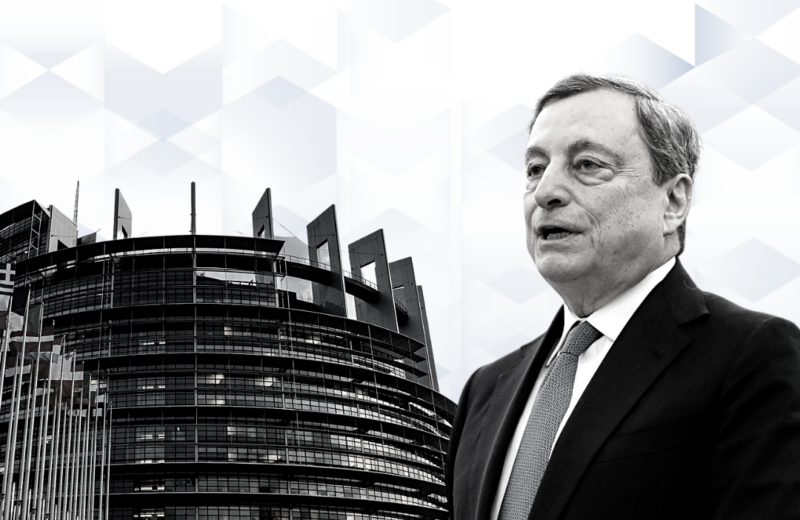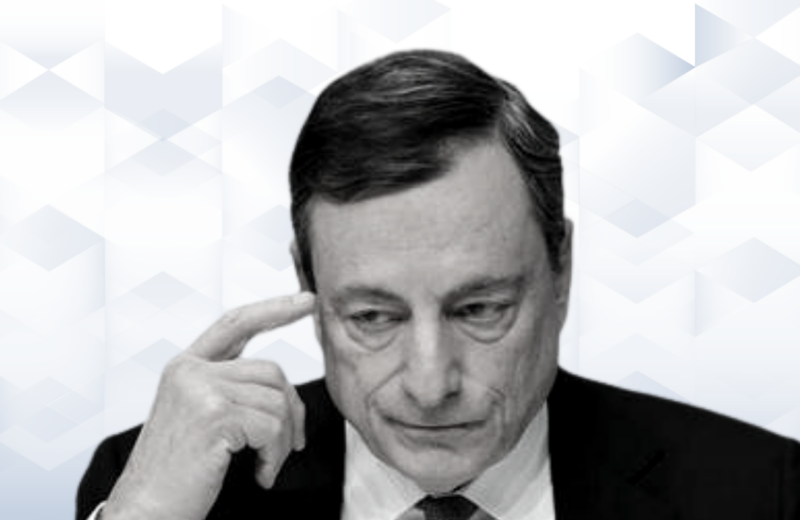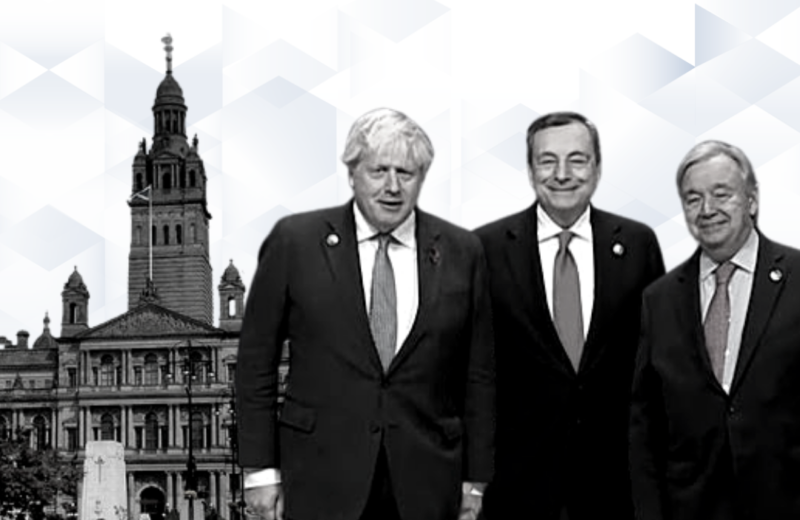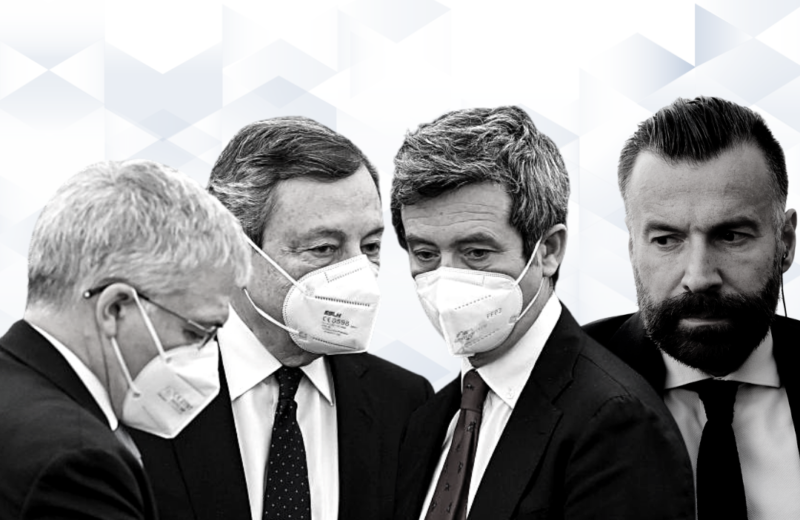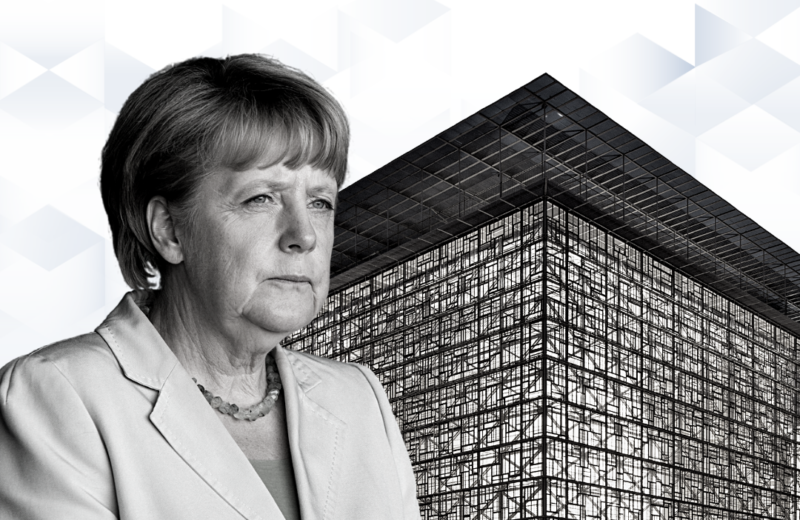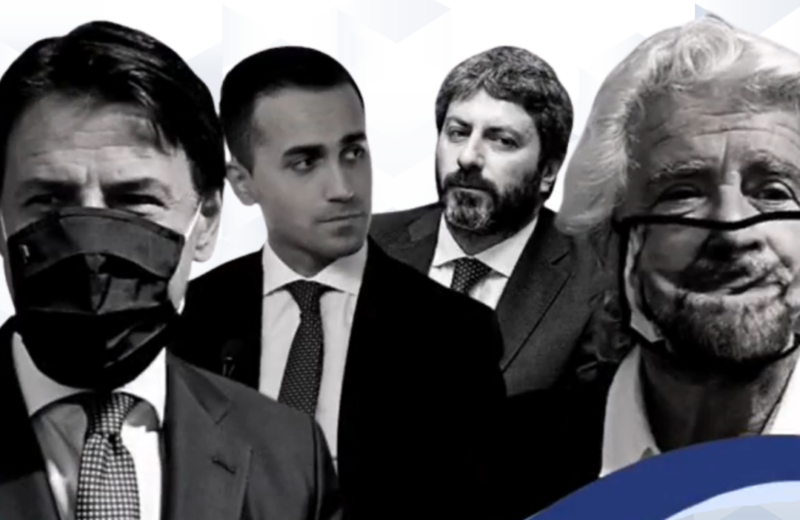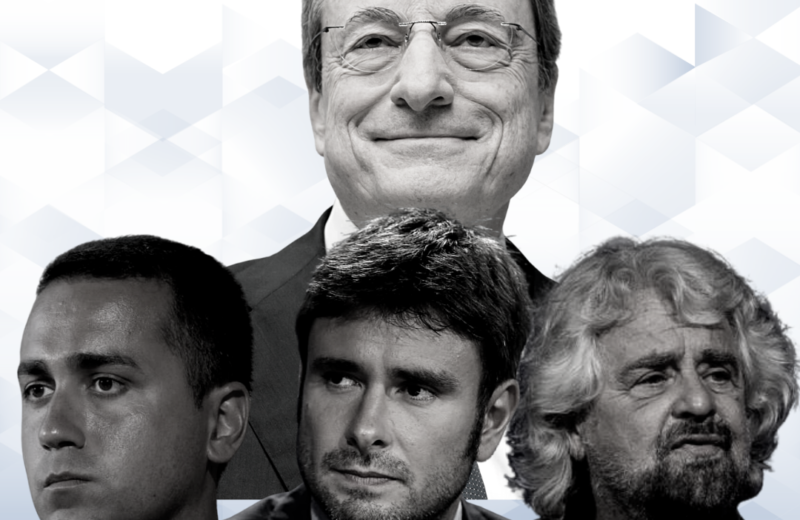Italy on the ballot, between the flashes in the East and the understandings in the West
Mario Draghi’s latest international mission, which took place in New York on the occasion of the 77th UN General Assembly, ended among accolades and applause. In his speech before the Assembly, Draghi firmly condemned the Russian invasion of Ukraine and promised that Italy would continue to support Kiev within the NATO alliance. This commitment was also reiterated in the brief informal meeting he had with US President Joe Biden, where Rome’s maximum willingness was assured on new military supplies to Ukraine, on sanctions against Moscow and on strengthening NATO along the continent’s eastern borders. During the entire American mission, Draghi pursued a clear and decisive line, a prerogative of much of his leadership: as long as he is at Palazzo Chigi, Italian commitment to the allies will be guaranteed. Nevertheless, Draghi also sought to reassure the Chancelleries on the continuity of our country’s Euro-Atlantic line independently of who will win the political elections next Sunday, promising that in the coming years Italy will continue to play a protagonist role in European life in concert with its NATO allies.
All this was happening while, for the first time since the end of World War II, the Kremlin ordered a mobilisation, albeit partial, of its forces by recalling some 300,000 reservists. Seven months after the start of the war, Vladimir Putin is finally uncovering his cards by no longer talking about the “denazification” of Ukraine but about the defense of the national territory from the collective West that wants to «weaken, divide and destroy Russia». The choice and use of these words have a precise weight and meaning: the war has trespassed and reached Russia, or at least that is the perception. Along with the hasty convocation of referendums between 23 and 27 September for the annexation of certain areas of the Donbass, the Russian president has even returned to evoking the nuclear threat, reminding the West that the country also has various instruments of destruction at its disposal and is ready to use «all means at its disposal» to protect Russia.
According to Draghi, the Tsar’s position can only be explained in light of the «destructive and disruptive» effect Western sanctions are having on Moscow’s military machine. And he is certainly not alone in thinking this way. The thesis shared with Biden is that the Russian economy is so weakened that it is becoming increasingly difficult to react to the defeats that are now piling up on the battlefield. Indeed, it is probable that it was the sudden Ukrainian counter-offensive in the north-east of the country that led to the army regaining large swathes of occupied territory that determined Putin’s decision. In any case, there is no doubt that the new Russian posture gives rise to a further escalation of tension, with probable consequences for Europe and Italy. Inevitably, Putin’s threats to Ukraine and the world also end up at the center of the Italian election campaign that has now come to an end.
Positioning on the international chessboard has been one of the pivotal themes of the last week of skirmishes between parties and coalitions, and the strategy has always been the same: the PD demonises and the center-right replies by reassuring Europe and the USA. A rhetoric that does not seem to have shifted much in the polls’ projections to the advantage of the PD, which thus closes an unexciting, yet very difficult election campaign. The center-right did the same, which basically only had to worry about stemming the effects of the blows, weak ones, of the opposing propaganda. The one who surprised was Giuseppe Conte, who moved very well on the territories and on the communication front: he gave the impression of being able to revitalize the ardent polemic of his electorate, but channeling it into a very convincing institutional proposal. The result was the M5S’s comeback, especially in the South, an area that will prove to be a key factor in the overall electoral result. Among other things, the M5S comeback threatens the PD in the southern constituencies: the victory in many uninominal constituencies by M5S candidates in fact could penalise the PD in the proportional quota as well, due to the impossibility of disjointed voting. But the real vote in the electoral campaigns will be given by the Italians on Sunday under the spotlight of half the world, curious to see who will win and with what gap. Happy voting to all.
